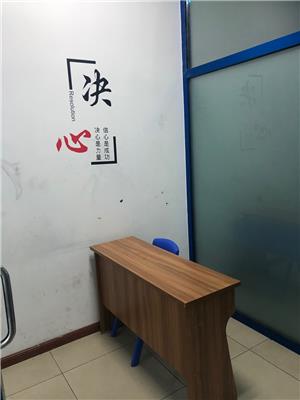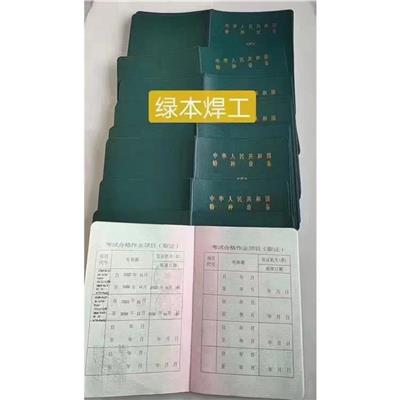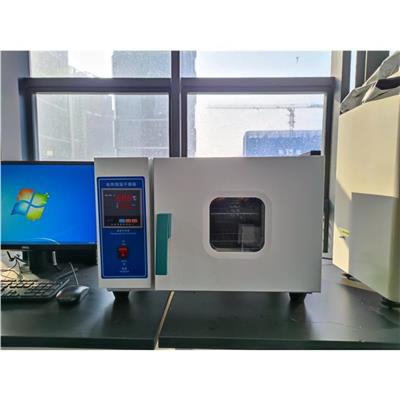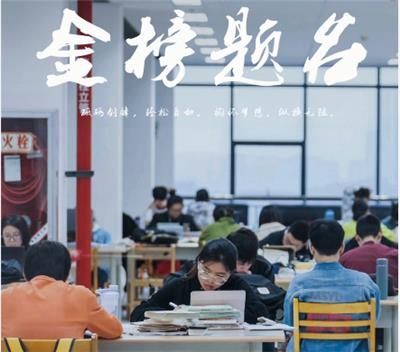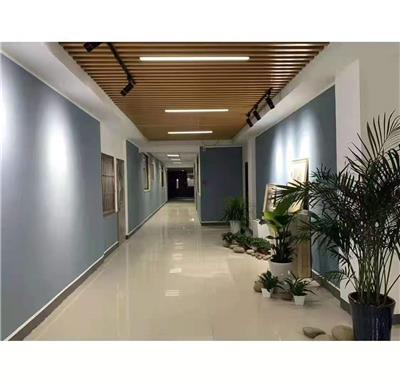雅思考试口语,如果给考官好印象?
- 时间:2015-08-13作者:重庆航翰教育科技有限公司浏览:115
一. Greetings/ Hellos 问好篇
As most of you have probably learnt, the most commonly taught way to greet someone is
大部分人都知道问好的方式如下:
-“Hi, How are you?”
-“Fine thanks, and you?”
-“Good, thanks for asking.”
This phrase is ** correct, and probably used ** of the time by English learners. But doesn’t that get a little boring after a while?
这个对话确实*正确,而且可能已经被英语学习者*的用过了。但是,你不觉得用了这么久已经感到厌烦了吗?
If you want to diversify your greetings a little bit, and make it sound more fluent, leave those text books in the classroom, there is another way. How does this sound.
如果你想让自己的问候有特色些,听起来更流利些,请放弃使用那些课堂上教科书中的用法,我们有其它方法。您看下面这个听起来如何:
-“Hey buddy! What have you been UP TO?”
嘿,哥们儿!(朋友)较近忙啥呢?
-“Oh hey Dude! Not too much, just working and hanging out with my girlfriend.”
嗨,老兄!也没忙啥,就是上上班,跟好朋友逛逛街啥的。
-“Sweet.”
不错嘛。
That sounds a lot more natural right? So, what does UP TO mean?
这听起是不是自然多了?那么, UP TO是什么意思呢?
The expression up to is a synonym of do. We use this in spoken English because as it’s more of an informal expression. When I greet someone with the question “what have you been up to?” I am asking them what have they been DOING recently.
up to这个用法是do的同义词。我们在英文口语中使用它因为它是一个不正式的表达方法。当我用“what have you been up to?”这种方式来问候别人时,我实际是在问他们较近在忙什么呢。
The question is in the present perfect continuous so you will answer with the verb in the continuous. For example:
这个问题是用现在完成进行时来提问的,所以回答时也用进行时态的这个动词。例如:
? “Hey mate, what have you been up to?”
“Ah, the same old, studying, surfing, going out, having some drinks with friends.”
? “Have you been playing guitar?”
? “yeah I’ve been playing a few times a week.”
? “You been watching the football?”
? “Nah, I don’t really like watching football.”
You’ll notice that’s its very common for a native speaker to use the present perfect continuous like this when greeting a buddy. When a person greets me this way the conversation seems to flow a lot more, and it allows us to summarize all the recent news very quickly and concisely.
你会发现对于一个母语使用者,他们在问候兄弟时很喜欢用现在完成进行时。当有人用这种方式问好时,对话听起来更顺畅自然,会使我们简单*地罗列出较近发生的重要事项。
二. Introductions/ Ice breakers介绍/打破僵局篇
When introducing yourself in another language people are always going to want to know the same information.
你要知道当用其它语言介绍你自己时,人们想要知道的信息总是一样的。
People are always going to ask you these same three questions.
人们总是要问你同样的问题。
-What’s your name? (you’re probably going to have to repeat it a couple of times or make it sound more English)
你叫什么名字?(你很可能要无数次地回答这个问题,那么让自己听起来更英语范儿吧)
-Where are you from? (be prepared to describe you city geographically)
你来自哪里?(准备好描述你所在城市的地理特征)
-What are you doing here? (People are always curious)
来这干什么?(人们总是很好奇)
Another good way to make a good first impression is to get that person talking about themselves or their city. This can be done during the introduction phase as a way of breaking the ice.
还有一种方法可以给人留下良好印象,同时又能让对方张口谈自己或他们的城市。这种方式可以再自我介绍部分后以打破僵局的形式来完成。
So, where are you from?
? Is your family from here/there?
? What did you think of the soccer last night?
? What do you think of this place/the beer/the music here?
? Don’t you just hate waiting in line/this music/the noise?
The whole idea of these ice-breakers is to get the other person talking while you simply sit back and listen.
打破沉闷僵局的办法很简单,那就是让对方说,而你只需坐在那里倾听就可以了。
三. Goodbyes告别篇
No matter what the language is, we always have to say goodbye. But don’t you want to know how to express yourself and show that you really appreciated that person’s company?
无论用何种语言交流,我们总要说再见的。但是你真的知道如何表达自己的意思才能使对方感到与你做朋友很开心吗?
Sometimes in a second language it’s a little hard to do that from the heart.
说心理话,用*二语言来表达告别还是有点困难的。
There are other expressions you can use in English. For example:
英文中还有其他表达。例如:
It was really great to see you, catch you .later.
见到你真的很高兴,下次再聊。
It has been a pleasure, we’ll speak soon.
聊的很开心,咱们下次继续。
It was nice talking to ya, have a good one.
跟你聊天很愉快,祝你天天开心。
Take care/ take it easy, see you soon.
保重,下次见。
Keep in touch (when you don’t see the person very often)
保持联系(当你不经常见到某人)
I’m looking forward to seeing you soon
我期待下次与你见面。
See you next time.
下次见。
来源:网络
重庆航翰教育科技有限公司专注于语言培训,出国,留学,英语,小语种等
词条
词条说明
教育类 scope of knowledge 知识面 comprehensive knowledge 广博的知识 distance education 远程教育 multimedia teaching 多媒体教学 solid professional working experience 扎实的职业工作经验 vocational education 职业教育 stress-related ill
中国人学习英语,较大的拦路虎大概就是阅读了。速度必须要慢,必须要一个个单词地阅读,才能理解的较为全面,这样下来自然速度慢了不少。而在GRE要 15分钟内读完2篇阅读做完11道题、LSAT要35分钟读完4篇阅读做完21道题目的要求面前,不少人只能无奈的选择部分放弃阅读,放弃了本该拿分的 “大头”。 对于GRE阅读,前人总结的经验很多,我仅仅是这条道路上不停探索的一只菜鸟,用我的亲身经历去不断总结我
一、格拉斯哥大学(GlasgowUniversity)科学工程学院(College of Science and Engineering) 1.UKEAS Glasgow Academic Elite Scholarship 此奖学金及金额共为2000英镑,其中1000英镑从学费中减免,另外1000英镑由英国教育服务中心提供。此奖学金的截止申请日期未定。 2.桑坦德奖学金 为一年制硕士课程的学生
一. Greetings/ Hellos 问好篇 As most of you have probably learnt, the most commonly taught way to greet someone is 大部分人都知道问好的方式如下: -“Hi, How are you?” -“Fine thanks, and you?” -“Good, thanks for asking.”
联系方式 联系我时,请告知来自八方资源网!
公司名: 重庆航翰教育科技有限公司
联系人: 沈老师
电 话: 023-63837600
手 机: 13108910278
微 信: 13108910278
地 址: 重庆渝中重庆市渝中区世贸大厦41楼
邮 编: 400000
相关推荐
相关阅读
1、本信息由八方资源网用户发布,八方资源网不介入任何交易过程,请自行甄别其真实性及合法性;
2、跟进信息之前,请仔细核验对方资质,所有预付定金或付款至个人账户的行为,均存在诈骗风险,请提高警惕!
- 联系方式
- 相关企业
- 九齐(济南)人力资源服务有限公司
- 山西贤彬教育科技有限公司
- 宿州崇知教育咨询有限公司
- 成都新柯教育咨询有限公司
- 山东格瑞教育科技有限公司
- 梦翔花开体育产业发展(西安)有限公司
- 包头市思沃教育咨询有限公司
- 山东帮过网教育科技有限公司
- 湘潭市伊达英语考培中心
- 商家产品系列
- 产品推荐
- 资讯推荐


